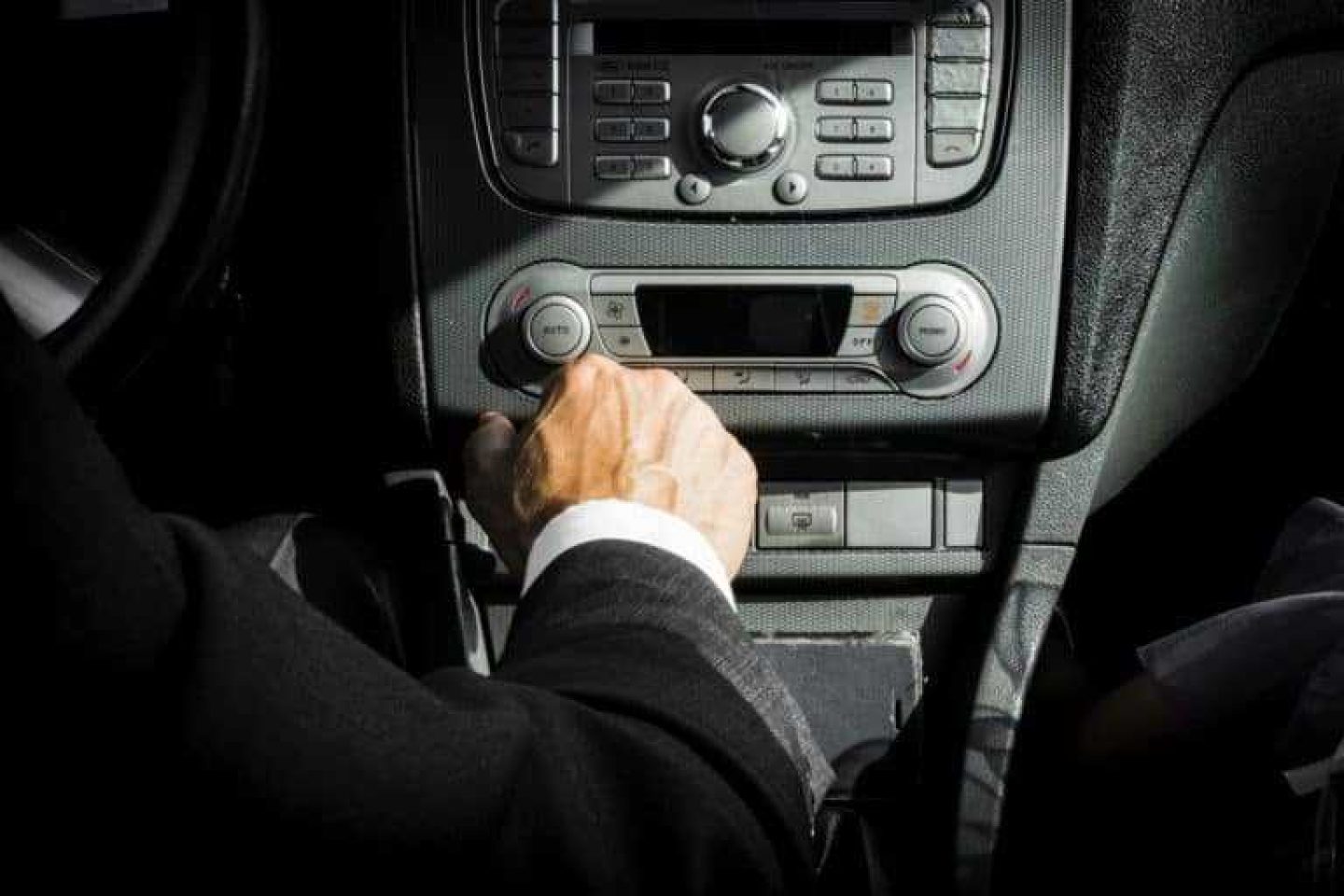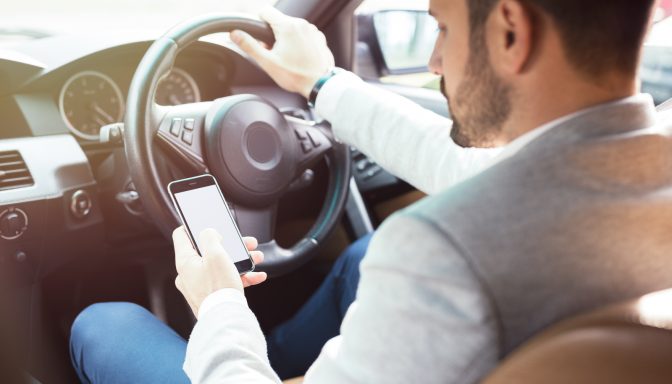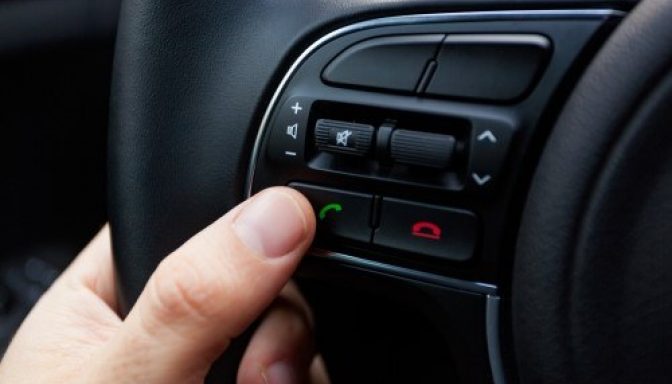Technology has helped many people keep up with the world around them and maintain some sense of productivity in an uncertain period. For some, this will be continued even as lockdown is relaxed – even as movement in vehicles increases.
Maintaining digital connectivity is possible thanks to developments in mobile technologies. Mobile phones can help people ‘keep up’ with our fast-paced moving world, but they are not without their consequences, particularly when combined with the task of driving.
Recent warnings, that using a mobile phone to pay for drive-through meals could leave you with penalty points and a fine, show how developments in technology are not always risk-free when taken into a vehicle. As a driver is considered ‘driving’ when a vehicle’s ignition is switched on, traffic offences may be committed even when you are pulled over, in a queue of traffic, or stopped at traffic lights.
Although many people can recognise that performing those actions when holding a mobile phone constitutes an offence, your attempts to ‘stay safe’ by using hands-free devices as an alternative to handheld, could be putting you at risk.
Legislation does not specifically outline hands-free mobile phone use as an offence. However, using a phone hands-free can incur a fine and penalty points. Where driving can be considered to be below a competent standard or without reasonable consideration for other road users, another offence comes into play – careless and inconsiderate driving, or driving without due care and attention. This could include using a hands-free mobile phone, or other device, if your standard of driving is affected in some way, or shows inconsideration for others. This is true even for those hands-free devices that are built into vehicles.
You could be committing an offence if your driving standards slip when you:
- Make a hands-free call via vehicle Bluetooth
- Dictate a message using voice assistant technology
- Take part in a hands-free video call
- Read a text message from a phone on the passenger seat
- Accept suggested diversions on a phone mapping system
Using a hands-free phone also endangers your safety and the safety of those around you. Research shows that hands-free mobile phone use is just as distracting as handheld mobile phone use, and those engaged in hands-free conversations ‘look but fail to see’, meaning that they can be looking in the direction of a hazard but still miss it.
Given the many changes to the roads network that have resulted from lockdown, there is the potential for unexpected hazards. Those unexpected hazards are more likely to be missed when a driver is distracted, even in a legal form. Paying full attention is paramount to keeping everybody safe on the roads. Even hands-free mobile phone use could be putting people at risk.
With widespread compliance of lockdown regulations, we have shown that we care about our own lives as well as those of others around us. Safety should remain a key feature of our thoughts when we use the roads every day – that we are fortunate to live throughout a pandemic and afterwards. When using the roads, ‘stay alert, save lives’.
Dr Leanne Savigar-Shaw
Lecturer in Policing at Staffordshire University



